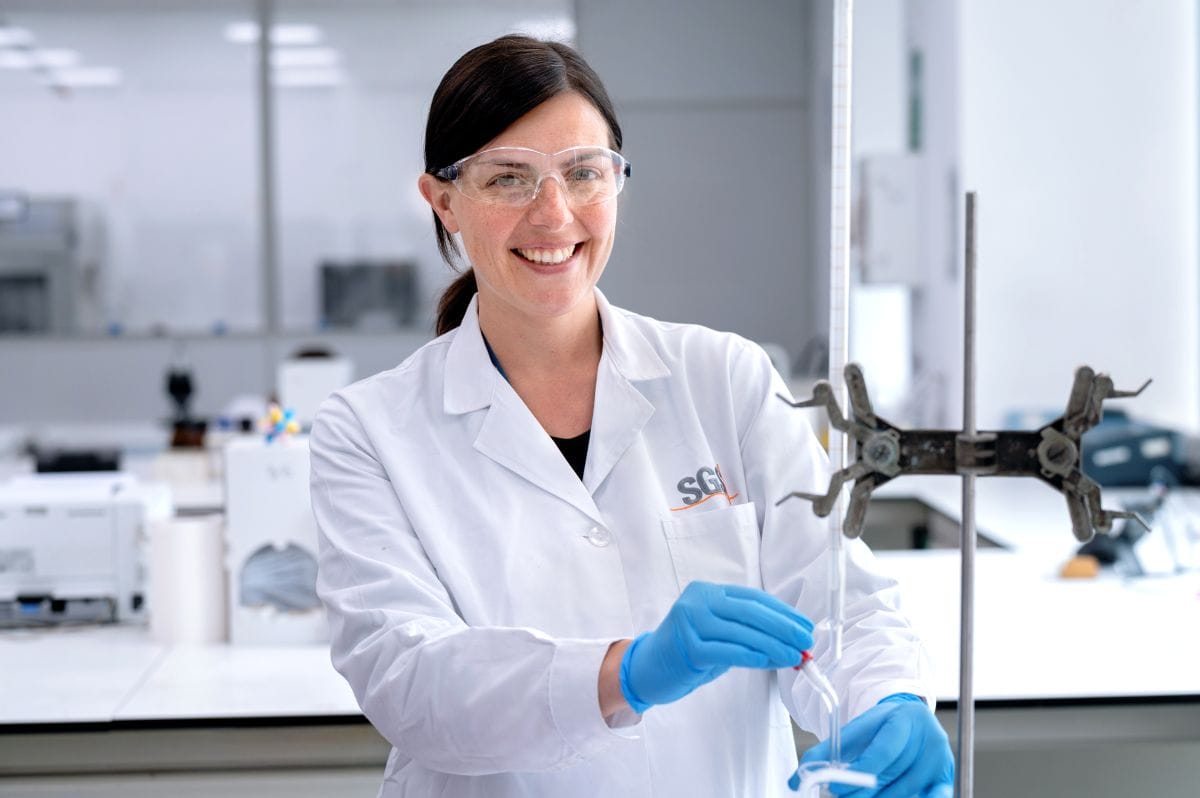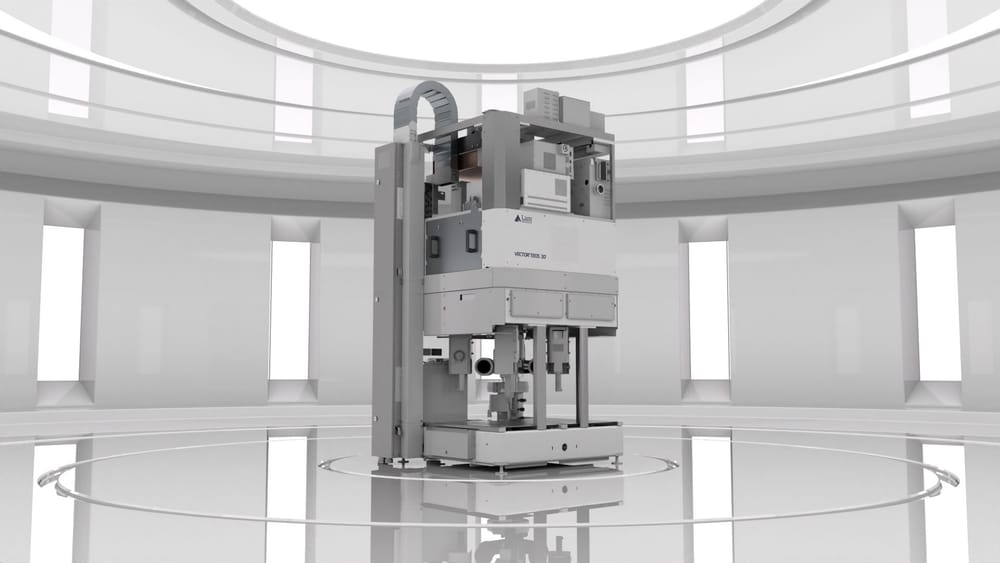SGS Q3 Results Show Steady Growth as CEO Géraldine Picaud Delivers on Promises
SGS’s third-quarter update brings solid organic growth, firmer margins and disciplined M&A execution—early proof that new CEO Géraldine Picaud’s “Strategy 27” is starting to deliver exactly what she promised.
SGS’s third quarter didn’t sparkle so much as it steadied—a reliable cadence that matters in a business built on trust. The Geneva-based testing and inspection giant said organic revenue rose 6.0% in the three months to September, with reported sales at CHF 1.73 billion. A positive scope effect from acquisitions (+1.9%) more than helped offset currency headwinds (-6.1%). Management kept full-year targets intact, calling for 5%–7% organic growth, an extra 1%–2% from bolt-ons and “at least” a 30-basis-point improvement in reported operating margin, alongside strong free cash flow. Investors, relieved by the combination of growth and discipline, nudged the shares higher in Zurich trading.
Under the hood, the engine looks well tuned. The Testing & Inspection franchise—SGS’s core—continued to do the heavy lifting with roughly 6% organic growth, while Business Assurance (certification and audits) advanced in the low single digits, a respectable outcome given last year’s tough comparisons. The mix says something about where demand is firmest: regulatory scrutiny across supply chains, product safety and quality, and infrastructure remain structural drivers even as parts of global manufacturing wobble. For a group that lives or dies by utilization of labs and field teams, consistency is a competitive weapon.
Two strategic threads tie this quarter to the bigger story Chief Executive Géraldine Picaud has been telling since she took the helm in March 2024: deepen exposure to secular growth pockets, and compound with disciplined bolt-ons. On the first, SGS this week rolled out “SGS Digital Trust,” a global framework bundling cyber, AI/functional safety, privacy and fairness services—a clearer commercial wrapper for a line of work growing faster than the group. Clients in critical infrastructure, payments, med-tech and semiconductors don’t just want tests; they want an independent referee for increasingly software-defined products. That’s a lane SGS can own—and price.
On the second, the company has kept its M&A flywheel spinning. Year-to-date, SGS has racked up 17 bolt-on deals, and the centerpiece—July’s agreement to buy U.S. specialist Applied Technical Services for an enterprise value of $1.325 billion—promises to bulk up North America to more than $1.5 billion of sales and open new lanes in aerospace, power and forensics. Management is guiding to at least $30 million in run-rate synergies within three years and says the deal will be EPS-accretive from year one. The message is familiar but credible: add capability, densify networks, and keep leverage around 2× while you do it.
If shareholders are hearing echoes, it’s by design. Picaud’s early blueprint—codified through “Strategy 27”—promised faster organic growth, a relaunch of M&A, tighter cost control and better cash conversion. The 2024 scorecard delivered record sales, a 60-basis-point lift in adjusted operating margin to 15.3%, and a 24% ROIC, with CHF 748 million of free cash flow. Today’s update extends that trajectory rather than resetting it, and the margin ambition for 2025—“at least” +30 bps on a reported basis—keeps the bar visible and, crucially, achievable without financial contortions.
Risks haven’t vanished. Currency remains an unavoidable headwind for a Swiss multinational. Certification cycles can be lumpy, and big U.S. integration projects rarely run flawlessly. Competition from Bureau Veritas and Intertek is as sharp as ever, and consolidation ambitions across the sector can raise execution risk at exactly the moment investors want operational serenity. But quarter by quarter, SGS is reducing the debate to data: steady organic growth, repeatable bolt-ons, and improving margins funded by efficiency programs—not one-offs.
The takeaway is less about a single quarter and more about management’s follow-through. Since stepping into the job, Picaud has emphasized speed with discipline: focusing the portfolio on sustainability and digital-trust adjacencies; restarting accretive M&A; and pushing accountability down into the labs and business lines. Q3 shows those levers pulling in the same direction. For now, at least, the new CEO appears to be delivering what she promised.
Author

Investment manager, forged by many market cycles. Learned a lasting lesson: real wealth comes from owning businesses with enduring competitive advantages. At Qmoat.com I share my ideas.




